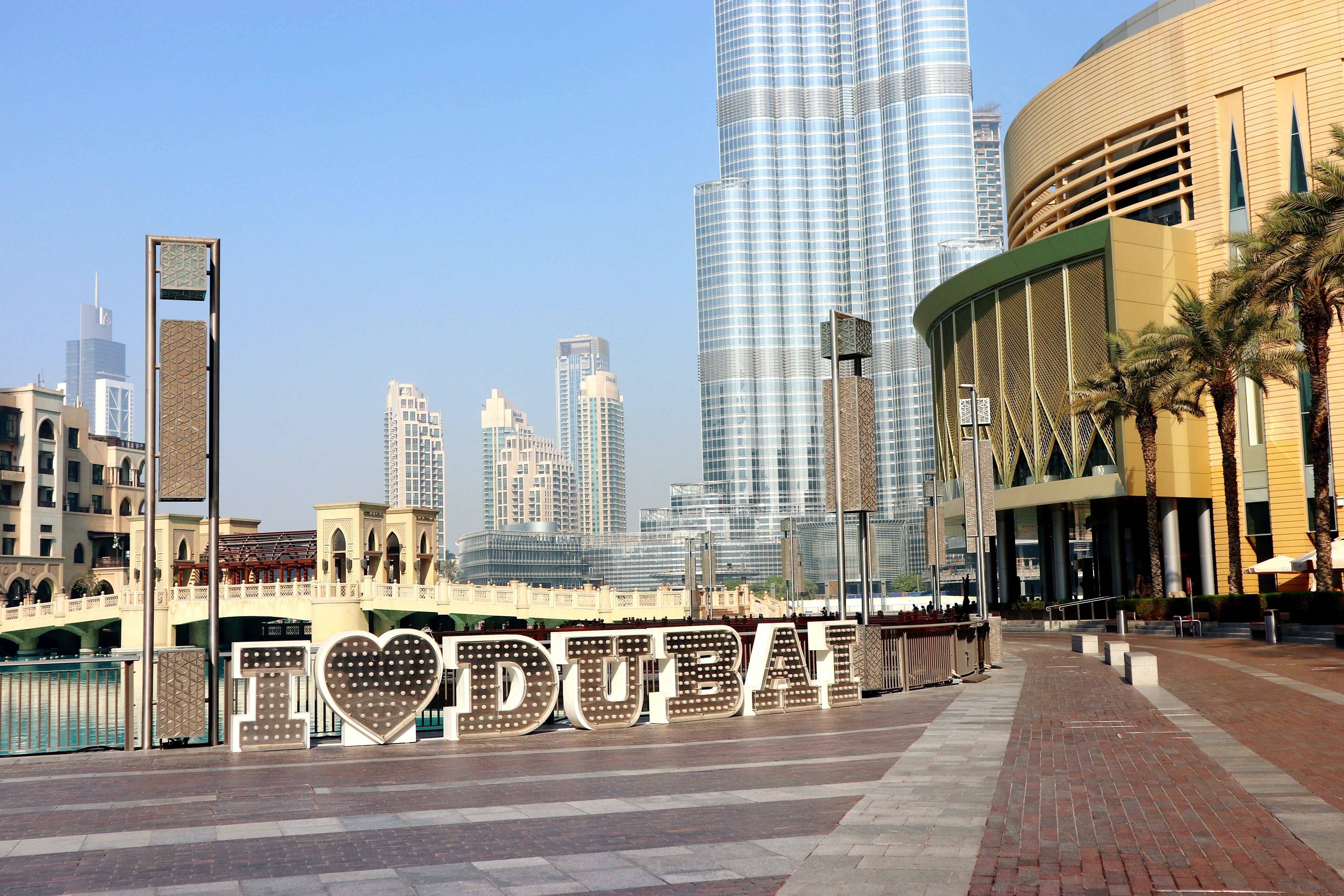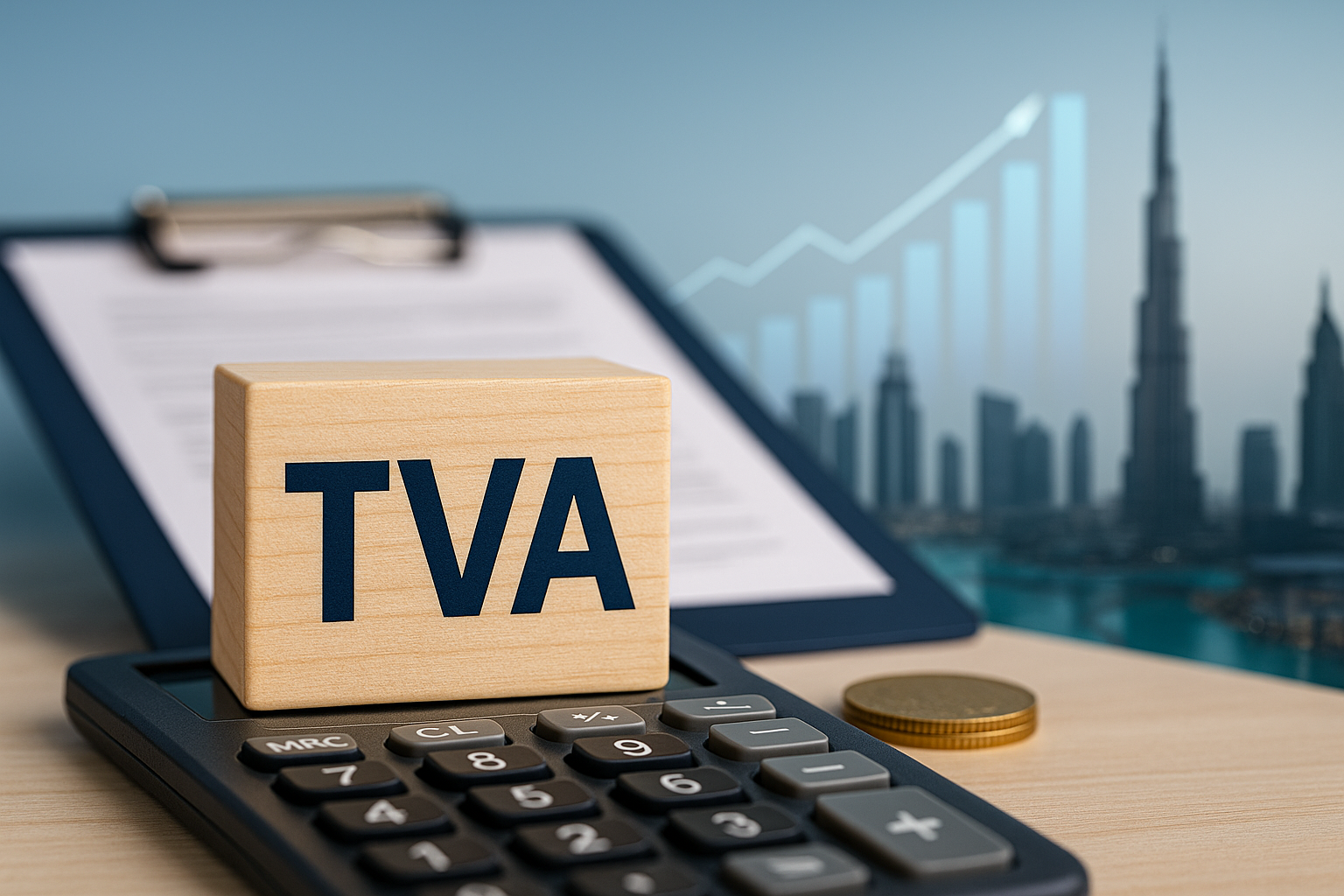The introduction of the VAT system in Dubai has marked an important change in the way local and international companies manage taxation. Although the UAE remains a friendly business environment with low fees and minimal taxes, entrepreneurs need to understand when and how the obligation to register a Free Zone or Mainland company VAT comes in.
This guide explains, step by step, how indirect taxes in Dubai (Dubai VAT) work, what is the mandatory registration threshold and in which situations VAT is applied at 0% for international exports and services.
What is Dubai VAT and why does it matter to entrepreneurs
Value Added Tax (VAT) was introduced in the United Arab Emirates on January 1, 2018, at a standard rate of 5%, one of the smallest in the world. It is an indirect tax applied to goods and services, collected by companies on behalf of the federal government.
Unlike other countries, Dubai's VAT system is highly transparent and digitized — registration, reporting and payments are made online via the platform Federal Tax Authority (FTA).
For Romanian entrepreneurs, especially those operating in Free Zones, VAT is a simple but important tax component: it can influence your cash flow, prices and relationship with international partners.
Dubai VAT registration threshold — 375,000 AED
According to FTA legislation, any company established in the UAE must be compulsorily registered for VAT purposes if the annual turnover exceeds AED 375,000 (approximately 440,000 lei).
In a nutshell:
• Over 375,000 AED/year— compulsory VAT registration.
• Between AED 187,500 and AED 375,000/year— optional (voluntary) registration.
• Under AED 187,500/year No registration is required.
Voluntary registration can be advantageous for companies that want to deduct VAT on expenses (e.g. rent, equipment, professional services) or who work with large partners who require an active VAT code.
VAT in Free Zone vs Mainland
The difference between Free Zone and Mainland firms influences how VAT is applied.
Companies in Free Zone
• Most free zones are considered “designated zones” — special territories where VAT is applied only to local transactions.
• Deliveries between companies in the same designated area are not subject to VAT.
• Exports to other countries (including Romania or the EU) are invoiced with 0% VAT.
• Services offered to customers outside the UAE are exempt from VAT.
Companies in Mainland
• Any sale or service delivered within the Emirates is charged with 5% VAT.
• Exports outside the UAE are exempt (0%), but must be reported monthly through the VAT return.
For companies oriented to international markets, Free Zones are more advantageous in terms of VAT, since they allow 0% operation for most foreign transactions.

How VAT works for international exports and services
One of the most important advantages of the Dubai VAT system is preferential treatment for exports.
Cases exempt from VAT (0%):
• Deliveries of goods to customers outside the Emirates.
• Services provided to international companies (e.g. consulting, marketing, IT).
• Online sales through ecommerce platforms to customers from other countries.
• International transport and logistics services.
Thus, if you own a business in the Free Zone and deliver digital services to customers in the EU, the invoice issued will be with 0% VAT, and the profit remains in full in the company.
Practical examples: ecommerce, digital services, consulting
To understand concretely how indirect taxes are applied in Dubai, here are some examples:
1. Global ecommerce
A Romanian entrepreneur who sells products online through a company in Dubai CommerCity Free Zone:
• Collect 0% VAT on orders shipped to the EU, USA or Asia.
• VAT 5% only for orders delivered in the Emirates.
• It can deduct VAT related to local expenses (logistics, advertising, IT services).
2. Digital services
A software company that provides customer service in France and Germany:
• Invoice without VAT (0%) → services are considered export.
• Does not pay VAT on income generated outside the UAE.
3. International consulting
A Romanian consultant who operates his company from IFZA Free Zone:
• Does not apply VAT to customers outside the UAE.
• Can voluntarily register VAT code if it exceeds AED 187,500 for expense deduction.
What happens if you don't register on time
The FTA imposes sanctions on companies that exceed the threshold of AED 375,000 and do not register within the time limit:
• Fines up to AED 10,000 for failure to register.
• Additional penalties for late reporting.
That is why monitoring income and timely registration are essential.

Although the tax system in the UAE remains one of the most advantageous in the world, entrepreneurs need to understand that Dubai VAT registration is mandatory for firms that exceed a certain income threshold.
For most companies in the Free Zone, the impact is low — exports and international services are exempt, and registration can even bring deductible benefits.














